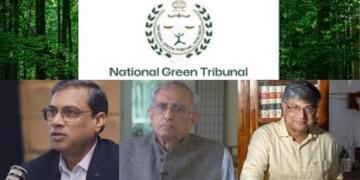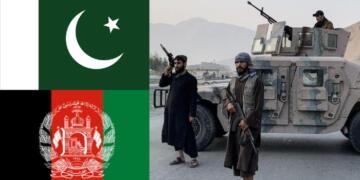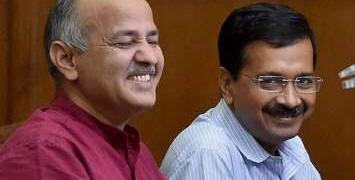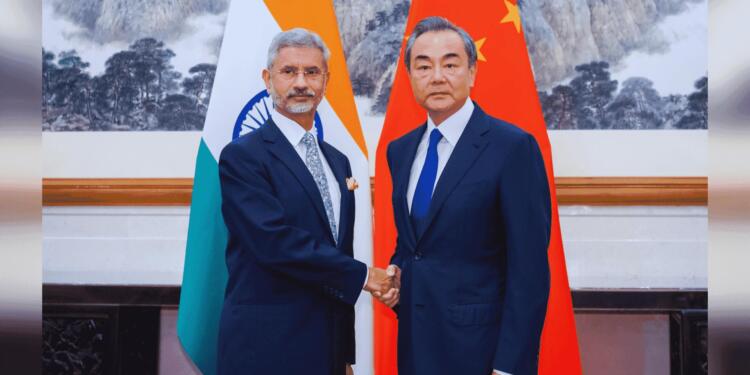External Affairs Minister S. Jaishankar met with his Chinese counterpart, Wang Yi, for the second time in a month. This meeting took place on the sidelines of the 17th ASEAN Summit in Vietnam, which is currently the chair of the group. Both Prime Minister Narendra Modi and Jaishankar have maintained a realistic perspective regarding China’s intentions under President Xi Jinping, particularly following the Galwan Valley clash in 2020. As a result, the border between India and Tibet has been significantly reinforced. New border roads are being constructed, and airfields across the border are being made ready for action, should the People’s Liberation Army (PLA) attempt to repeat its 2020 mistake.
China’s Miscalculations and Debt Traps
The Chinese Communist Party (CCP) leadership has not understood that a stable, peaceful India-Tibet border would have been in its best interests all along. Instead, China has tried to influence other South Asian countries, apart from Pakistan, away from India. Consequently, South Asian neighbors such as Nepal and Sri Lanka find themselves in a debt trap because China offers loans with much higher interest rates than those provided by India. These high-interest loans often result in China taking over strategic assets as compensation for the debt. Whether in South Asia or the South China Sea, Chinese bases are vulnerable to attacks by a determined alliance of adversaries. The time may be approaching when a kinetic response to China’s expansionism becomes essential to roll back the illegal expansion of land, sea, and air spaces through the hostile actions of the PLA, PLA Navy, and PLA Air Force.
India’s Preparedness and Military Morale
The CCP leadership often focuses on numerical comparisons, but what truly matters is morale, motivation, and actual combat experience. The PLA, PLAN, and PLAAF lack these qualities compared to the Indian military. Jaishankar is well aware that the friendly demeanor of Wang Yi is designed to camouflage the CCP’s actual intentions towards India, now the world’s most populous country. Jaishankar, known for his directness, would have reiterated to Wang Yi that unless the status quo ante before the Galwan clash is restored, there can never be the type of stable, peaceful coexistence along the border that Wang Yi offers.
Ongoing Tensions Despite Softer Language
An economic crisis led CCP General Secretary Xi Jinping to move away from the aggressive “Wolf Warrior” language previously used by his officials. However, while the language may have softened since then, the posture has not. Illegal expansion remains on the agenda, which the CCP seeks to realize in incremental steps, believing each step to be insufficient to provoke a kinetic response. Yet, a point will come when such transgressions do provoke a kinetic response. India, along with its Quad partners—Australia, Japan, and the US—will be ready. Jaishankar likely emphasized to Wang Yi that in the interest of a stable and peaceful relationship with India, the pre-2020 status quo needs to be restored.
Jaishankar’s Firm Stance Under Modi’s Guidance
Under the guidance of Prime Minister Modi, Jaishankar would have made it clear to Wang Yi that the status quo ante prior to 2020 must be reinstated for any meaningful improvement in relations. The CCP leadership always looks for a softening stance from its target countries, seeking unilateral concessions that are reciprocated only by more toxic actions. This is why the Modi administration is concentrating on faster, fairer economic growth while ensuring that India remains secure from external threats on its borders.
Strategic Focus and Future Prospects
As can be seen on the ground, while China’s language may have softened, its aggressive territorial ambitions have not diminished. The CCP continues its strategy of gradual territorial expansion, believing that incremental steps will not trigger a substantial response. However, the growing strength and readiness of India’s military, supported by the Quad alliance, suggest that any further provocation could lead to a strong and decisive reaction. Jaishankar, with his deep understanding of China’s tactics, will continue to advocate for India’s security and stability in all diplomatic engagements.
In conclusion, Jaishankar’s meeting with Wang Yi at the ASEAN Summit highlights the ongoing strategic challenges between India and China. By reinforcing the India-Tibet border and fostering strong international alliances, India is preparing to counter any future threats from China. The Modi administration’s focus on economic growth and national security reflects a comprehensive approach to dealing with these complex geopolitical issues. Jaishankar’s clear and firm diplomacy is crucial in navigating this tense and evolving landscape, ensuring that India’s interests are safeguarded at all times.
ALSO READ: Prime Minister Narendra Modi is likely to Visit Ukraine Next Month

























